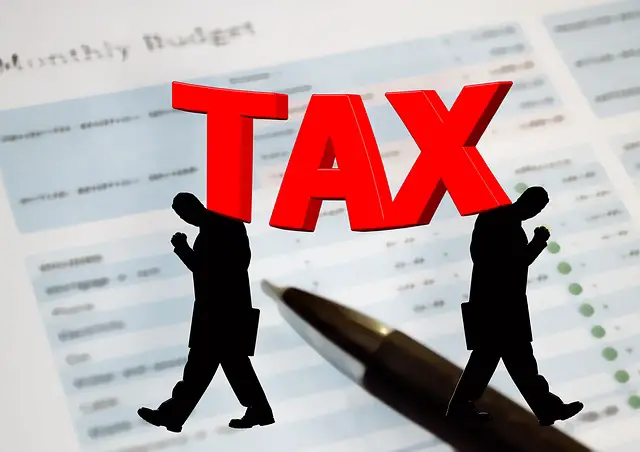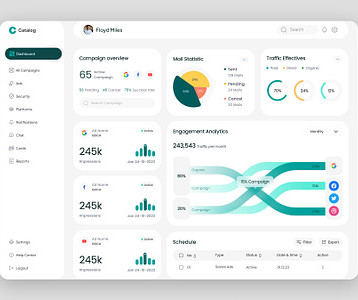
You should take every step possible to avoid tax penalties and interest if you don’t want to owe the IRS money in 2022.
Even a small amount of debt can quickly get out of control. Let’s imagine you owe the IRS $1,000 more and you wait six months to file your return or pay the additional debt. Your cost will at the very least increase to $1,615. It might get a bit confusing and to straighten your tax confusions a bit you can use a simple income tax calculator, or a tax bracket calculator to have a fair idea of your tax liability.
The following tutorial will explain how penalties and interest accrue as well as what you can do to prevent them.
A missed deadline for submissions
You can be subject to a late payment penalty if you owe the IRS money for the tax year 2021 and default on filing your federal income tax return before the deadline.
The fine for not filing is severe: You must pay 5% interest on the unpaid tax amount for each month or part of the month you delay filing the return. As a result, if your submission is due on April 18 but you don’t send it until May 5, you will be penalized 10% of your debt for being more than two months late.
The maximum fine is 25 percent of the total amount owed. This is helpful if you owe a sizable sum of money, say $10,000. You would owe no more than $2,500 after five months.
On the other side, if you are more than sixty days late, smaller amounts are more likely to incur a penalty of at least 25%.
The positive part is that it’s simple to avoid the failure-to-file penalty. If you don’t have a complete and accurate return by April 18, you may apply for a tax filing extension of six months by filling out Form 4868. With the extension, the deadline to submit your tax return is October 17 to avoid paying the late filing fee.
Even if you completed your return by the due date or applied for an extension, you can still be held accountable for a late payment penalty. You may miss the failure to file penalty but there are other penalties.
If you don’t, your outstanding debt will accrue interest at a rate of 0.5 percent per month or a fraction of a month. The maximum penalty is limited to 25% of your outstanding debt, and it rises directly in proportion to how long you go without making a payment.
If you receive an unsettling IRS notice, try not to panic
If you owe $1,000 in taxes and don’t pay it off for six months ($5 a month for six months), you might be responsible for an extra $30. If payment is not deposited by the deadline, a maximum of $250 may be postponed.
There are several ways the punishment might be scaled back. Make a portion of any debt owed by the original due date. The 0.5 percent monthly penalty is reduced to 0.25 percent of your unpaid debt if you file your tax return and the IRS accepts your payment plan.
Whenever you choose to file your tax return, if you have a solid reason for not making the payment deadline, include a statement with it. The penalty could be waived if the IRS accepts your response. You must demonstrate that your incapacity to pay isn’t at least the result of “willful negligence.” By making a good faith payment as quickly as possible, you may be able to demonstrate that your original failure to pay on time was caused by a valid cause and not by purposeful neglect.
Remember that if you can’t file your taxes or pay what you owe, you will be subject to both the failure-to-file fee and the late payment penalty. If you live in a region that the federal government has declared a catastrophe-hit area, you can request an extension to file and pay your taxes, but this is uncommon.
It’s critical to keep in mind that there is interest
The IRS has a variety of measures at its disposal, such as penalties for late or incomplete filings and payments. If, for instance, you under-report your income, resulting in a considerable understatement of your tax burden, you can also be subject to “accuracy-related” fines. Additionally, it is conceivable if you willfully break tax laws.
Even if you don’t receive a notice of further charges, interest will continue to accrue until you pay off all of your overdue taxes and penalties, regardless of how much you still owe. Weekly adjustments are made to IRS interest rates, which are based on the federal funds rate plus 3%.
If you are a freelancer, 1099 employee, or independent contractor, you can use FlyFin to better track your income and expenses. FlyFin uses A.I. to find all your deductions in minutes and also offers 24/7 CPA support to ensure a 100% accurate tax filing.










